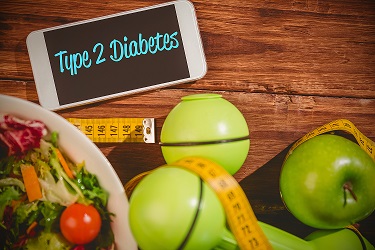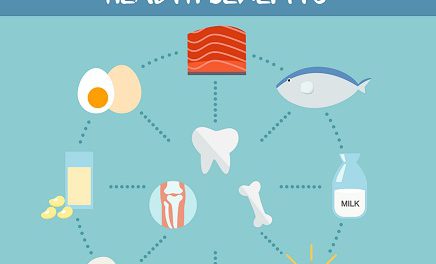
Paper versus Plastic: The Better Environmental Choice
One of the everyday decisions people make when “thinking globally/acting locally” is whether to use plastic bags or paper bags. In evaluating the alternatives, researchers need to answer four questions…
To view the full article please register below:
Paper versus Plastic: The Better Environmental Choice
Paper versus plastic? That is the question.
The notion of “Think globally. Act locally.” was born of the environmental movement of the 1970s. It spoke of the need to be concerned about the planet, but at the imperative of everyone acting at the community level to effect positive change.
The application of “acting locally” involves a host of small decisions that sometimes requires the balancing of trade-offs—trade-offs that we may not sufficiently understand in order to make informed decisions.
The Verdict Is In
One of the everyday decisions people make when “thinking globally/acting locally” is whether to use plastic bags or paper bags. In evaluating the alternatives, researchers need to answer four questions:
- How much energy is used in their manufacture?
- How many times can the bag be reused?
- How easy is it to recycle?
- How quickly does it decompose if thrown away?
The decision doesn’t always rest on the relative carbon impact of each alternative. As the fourth question suggests, there are other considerations, such as the impact on litter, landfills, ocean pollution, and harm to marine and bird life.
There have been a number of studies that have looked into these questions to help guide lawmakers and consumers. Recently, Columbia University reviewed these studies to help individuals arrive at the most environmentally friendly decision.1
Multiple studies showed that plastic bags use less energy and water resources in their manufacturing. However, because plastic bags are light and are easily blown about, they are more harmful as a source of litter and danger to marine life.
The big problem with plastic is that it’s with us essentially forever.
Paper bags may seem like a great alternative since they are made of a renewable resource and easily biodegradable. All true, except their manufacturing results in 70 times more air pollution and 50 times more water pollution than plastic bags.
Perhaps those cotton tote bags are the sounder choice? Two studies, one by Danish scientists and another by U.K. scientists, found that cotton totes had the worst environmental impact due to the land, huge quantities of water, chemical fertilizers and pesticides used to grow cotton.
Here’s the other problem with reusable bags—they are almost never washed and, as a consequence, often harbor colonies of bacteria. One study showed that 12% of all reusable bags contained E. coli.
The Best Option
Columbia University concludes that maybe plastic bags are not so bad after all, especially if they are reused to store food, line wastebaskets, pick up dog poop, pack lunches and any other creative ways an individual can dream up.
Source:
Please reference disclosures: https://blog-dev.americanportfolios.com/disclosures/












